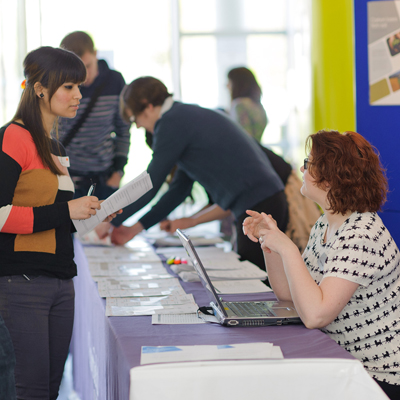Dr Duncan Hodges, Senior Lecturer in Cyberspace Operations, comments on the UK Government’s new COVID-19 contract-tracing app, which warns users if they have been in contact with someone who has a confirmed case of the virus:
Top-level goals
Let’s be clear, we are living in unprecedented times, where tens of thousands of UK citizens are dying and we should be doing everything in our power to stop the spread of this disease. However, we need to understand the potential impact of using an app such as proposed in the UK and many other countries.
Marginalising communities
In any instance such as this, we need to be really careful we are not marginalising communities who may have a relatively low uptake of smartphone technology, or the appetite for supporting state engagement. If we assume that these apps do have an impact and reduce the spread of disease, then we may end up further disadvantaging communities already disproportionately affected by the pandemic.
Problems with Bluetooth – is it a proxy for ‘contact’?
One of the key assumptions of these apps is that the mechanism for identifying whether two devices are close (in most cases using a communication technology called Bluetooth) is a valid proxy for physical contact and a virus transmission opportunity. Bluetooth is able to connect through thin walls where viral transmission would not occur, and in an open space may report ‘contact’ over a much wider range than virus transmission is expected.
Due to the exponential growth of contacts, a ‘false-positive’ (where a transmission opportunity was identified but, in reality, there was no opportunity for the virus to be transmitted) could result in a very significant number of false warnings. This would quickly result in a large number of people either needlessly quarantining or genuine transmission opportunities being missed among all of the ‘false-positives’ that are recorded.
Transparency and exit strategies
There needs to be a clear and understandable outline of how the data collected by the app is going to be stored, processed and used by government after the end of the pandemic and a clear mechanism and rationale for users to be able to stop using the app, including guarantees that the gathered data will not be used for other purposes outside its initial collection. These assurances need to be developed with a wide range of communities in the UK, not just academics and policymakers but those who are using the app.
About Cranfield University
Cranfield University is a specialist postgraduate university that is a global leader for education and transformational research in technology and management.




